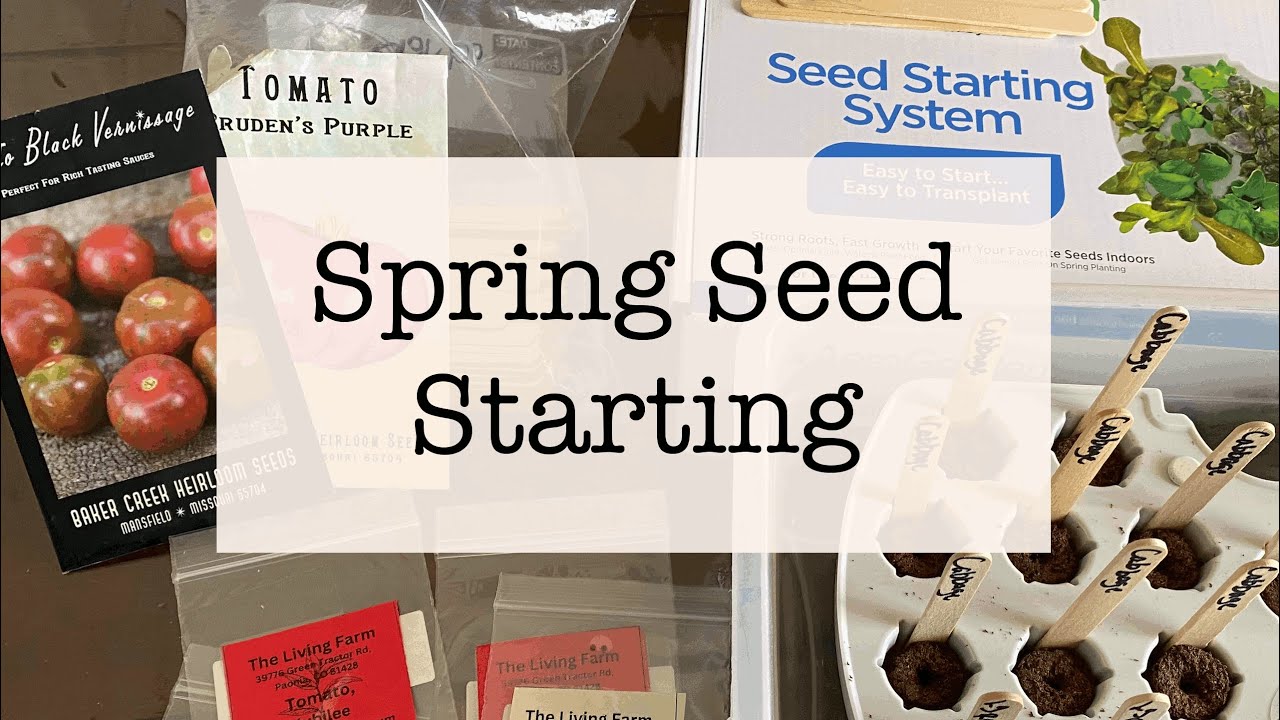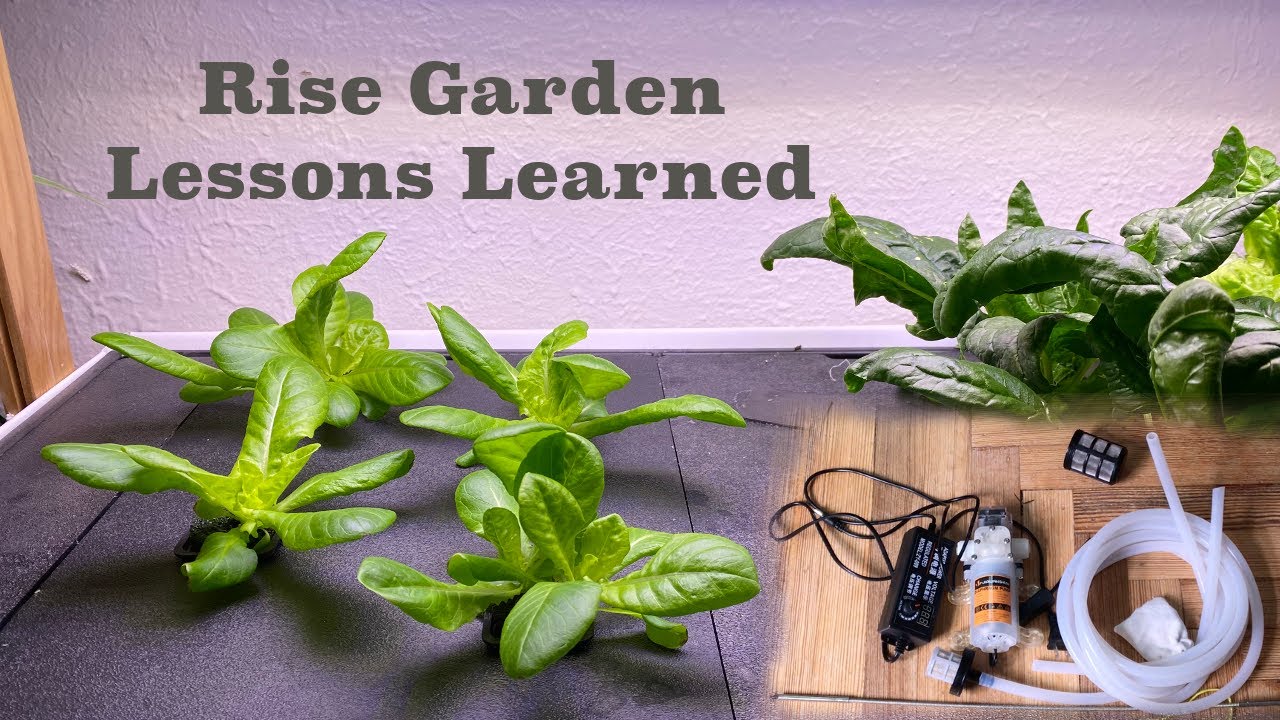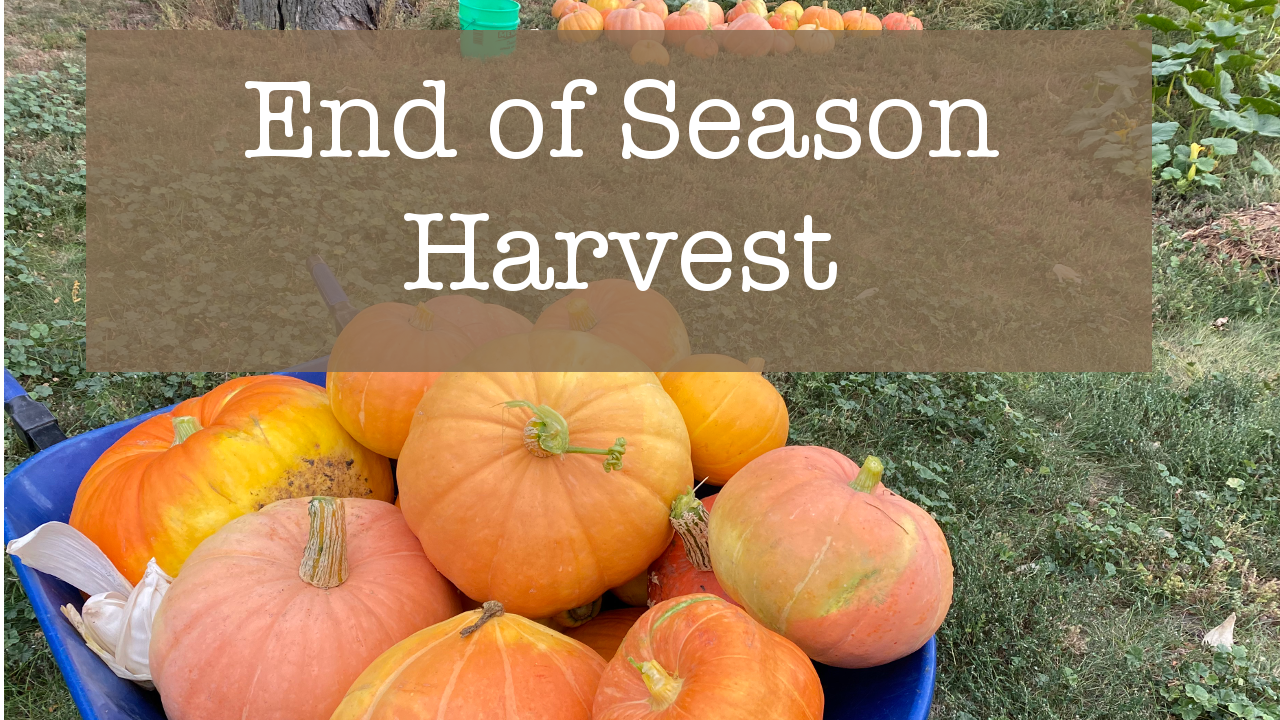Yesterday we had some nice, hot weather causing more seedlings to pop up. This made me realize it was time to start planting seeds I intended to direct plant in the ground. I grabbed the okra seeds and read on the back “for best germination rate soak seeds.” So, no planting yet.
Out of curiosity I went searching for what other seeds would benefit from a good soak before going into the ground. Generally it is recommended that seeds like parsnips, beets, okra, and others with very hard shells should be soaked before planted. But after searching Google, I’ve found that people soak almost any seed you can imagine!
Soaking seeds can speed up the germination rate by several days or even weeks. How?
- Seeds are meant to survive the harsh elements of nature so they can grow when the conditions are right. Hydration (water) is a way for seeds to ‘know’ that conditions are right for growing.
- Some seeds have natural inhibitors (acids and enzymes) that need to be soaked away to signal the seed it’s time to grow.
So how do you do it:
- Select your seeds – pretty much any you want to speed up the germination rate on. Larger seeds will be easier to strain from the water then smaller ones. Most people do not soak very small seeds, though one source said they soaked extremely small seeds, then using a spoon stirred the water and seeds together and poured a spoonful of water and seeds into the desired container.
- Take your seeds and place them in a dish with very warm to warm water. You might see a few of your seeds floating. If they’re still floating after a soak they’re dead, just toss them out.
- Sources differ on the minimum amount of time to soak seeds, but all agree to not go over 24 hours or you risk having them rot. One source said wait until the water is cold, then plant them, and others say several hours.
And there you have it. Another way to have a successful planting season for a (hopefully) bountiful garden.
Happy Planting!



